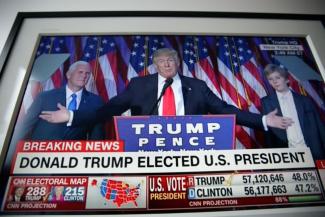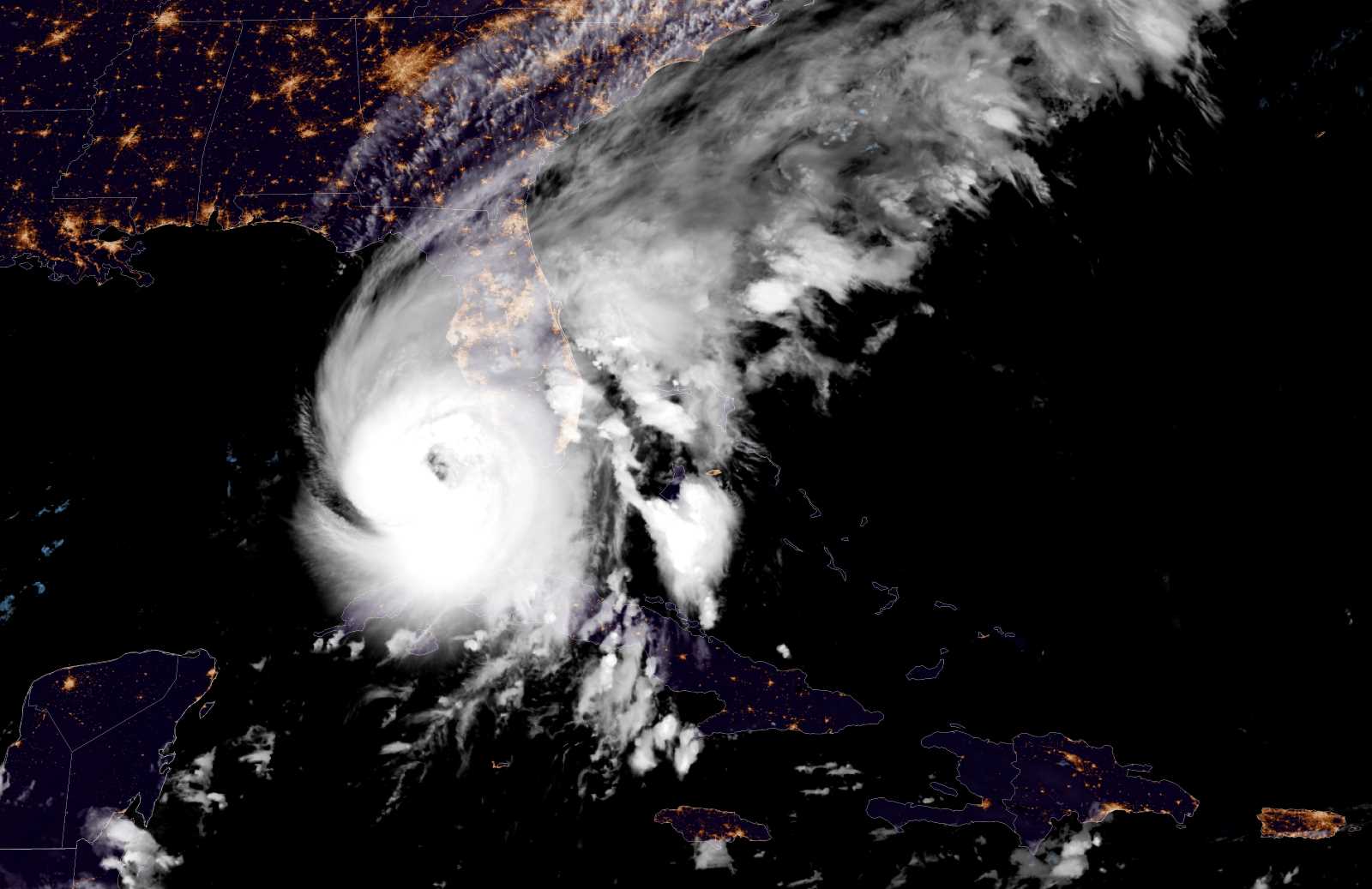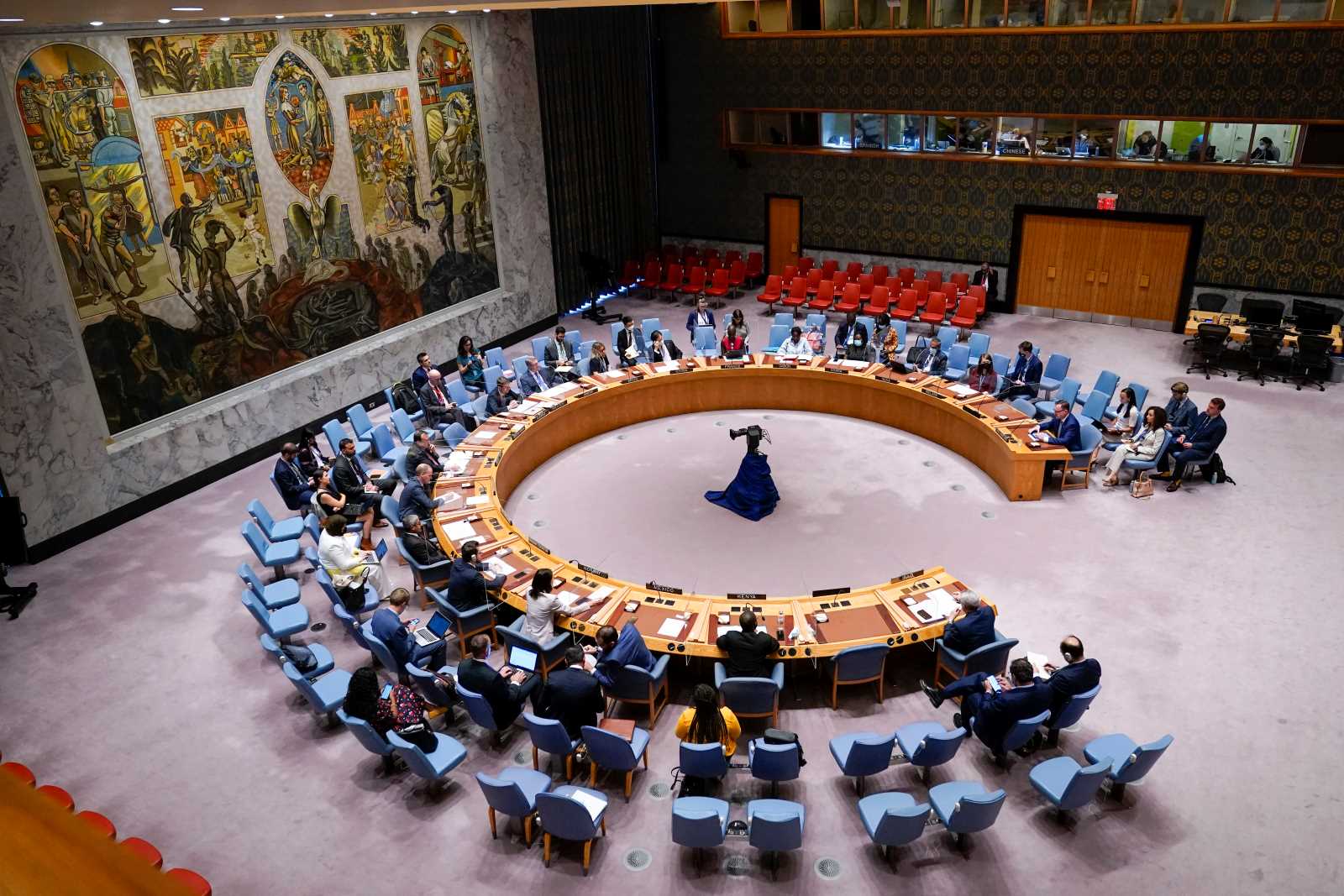Editorial
We need cooperation, not walls

There is no need to reiterate the list of Trump’s flaws. His shortcomings are well known. A brief summary includes racism, sexism and authoritarianism as well as disrespect for the truth, science and the conventions of democracy. His business deals are shady and he is the first president in decades to not have revealed what he has paid in taxes.
In terms of domestic US affairs, two predictions are safe:
- Trump will get to appoint at least one Supreme Court judge and probably more, and a conservative Supreme Court will have a bearing on US policy-making far beyond Trump’s time in office.
- Trump will not be able to fulfil all expectations he has raised by promising to “make America great again”, so his administration is likely to hound its opponents, stating that they are blocking the way to greatness.
Both predictions mean that civil liberties will be under attack. As a consequence, pro-democracy rhetoric will sound less convincing internationally.
Other international impacts will be painful too. US presidents are hardly constrained by checks and balances in foreign affairs. Their global influence is great. George W. Bush showed the world that a US president can do a lot of irreparable damage.
What Trump has said about foreign affairs so far does not add up to any coherent philosophy. He has indicated that he does not like US troops getting involved in foreign countries, but has also promised to crush ISIS by military means. He is unpredictable, does not feel bound by his own words and pretends to fight “the establishment”. There is reason to doubt he will accept the established norms of international affairs.
One thing is clear, however. Trump’s stance is isolationist. He promises to take care of his country’s interests and seems ready to renegotiate any deal at any time if that looks advantageous. He views the world as a kind of jungle in which every national government can and should do whatever it deems best for its country with no regard for the global common good. Those who campaigned for Britain to leave the EU this summer share that view, and these Brexiteers are now making it close to impossible for Prime Minister Theresa May to come up with a convincing foreign policy. The more governments focus narrowly on narrow national interests, the harder it becomes to achieve the kind of global governance humankind needs.
Trump’s stance on climate change is an example. He wants to quit the Paris Agreement, and non-cooperation by the USA will surely slow down joint action at the global level. On the upside, renewable-energy technology is becoming ever more attractive in economic terms, so there is a business case for protecting the climate. However, humankind has no time to lose in protecting the climate, and President Trump means a loss of time.
My slim hope is that Trump will prove so appalling, that the international community unites against him. It is possible, but not likely. Trump is not the first populist to rise to power. They all claim to put their nation first, show little concern for the common good and project strongman images. They are not serving their nations well, but undermining the global public goods we all depend on. We don’t need walls; we need cooperation on things like climate, peace, trade and many others.
Hans Dembowski is editor in chief of D+C/E+Z.
euz.editor@fs-medien.de














